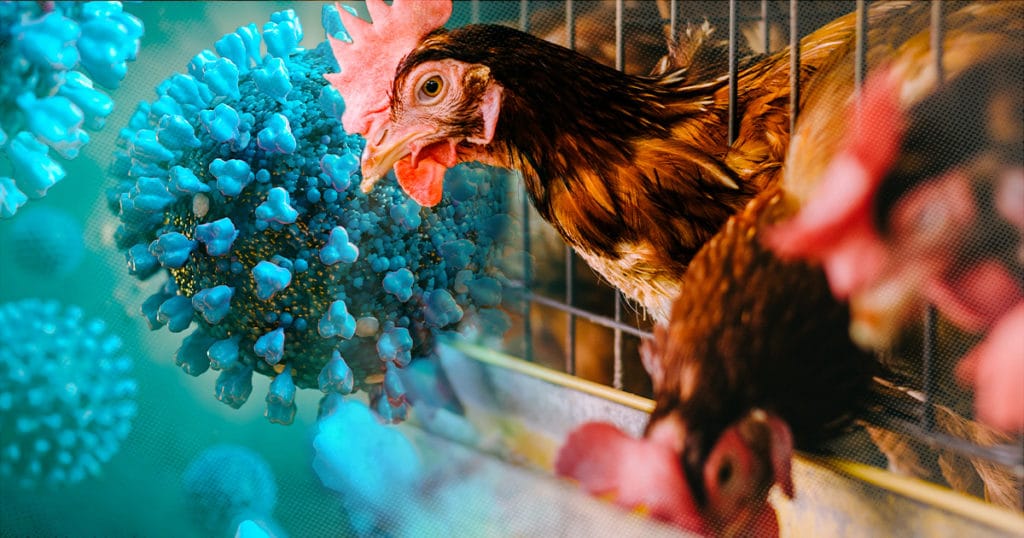In Fayetteville, a concerning incident has raised alarms among residents and health officials alike following the confirmation of rabies in a local fox. The animal bit a home inspector who was conducting evaluations of properties within the area. The inspector’s encounter occurred during a routine inspection of a house, where the fox approached unexpectedly and inflicted a bite on the inspector’s hand.
As soon as the bite was reported, the inspector sought medical assistance, where they were treated for the injury and advised on the potential rabies exposure. Following the established health protocols for animal bites, the inspector was referred for rabies post-exposure prophylaxis to ensure their safety against the virus.
The subsequent tests confirmed that the fox tested positive for rabies. This confirmation has led the local health department to initiate a thorough investigation and heightened awareness in the community regarding rabies and its transmission. Rabies is a viral disease that primarily affects mammals and is transmitted through the saliva of infected animals, typically via bites. Symptoms can be severe and include confusion, agitation, and eventual paralysis, leading to death if untreated after exposure.
Health officials are actively reaching out to the community to provide information about rabies symptoms and preventive measures. The local health department has also been in contact with animal control agencies to monitor wildlife populations and assess other potential rabies threats in the vicinity. This case underscores a growing concern about rabies in wildlife, particularly among foxes, which can carry the virus without showing immediate symptoms.
The detection of rabies in Fayetteville is not an isolated incident. Increasingly, there have been reports of rabies in various parts of the state, attributed to rising interactions between wildlife and human populations. As urban expansion continues to encroach on natural habitats, conflicts between humans and animals such as foxes, raccoons, and bats have become more frequent. This has raised the stakes for public health and wildlife monitoring efforts aimed at preventing rabies outbreaks.
The Fayetteville incident serves as a critical reminder for homeowners and residents who may unknowingly encounter wildlife about the importance of remaining cautious. The health department advises individuals to avoid contact with wild animals and to secure their trash and animal feed to deter wildlife from coming into residential areas. Parents, in particular, are urged to educate their children on the risks associated with wild animals and instill a sense of caution while playing outdoors, especially in areas where wildlife might be present.
Moreover, rabies can also be spread by domestic animals that are not vaccinated against the virus. Pet owners are encouraged to maintain up-to-date rabies vaccinations for their dogs and cats as a precautionary measure. Animal control services in Fayetteville are working to increase community awareness and accessibility of rabies vaccines, stressing their importance in preventing future cases.
To further address and prevent rabies in local wildlife, Fayetteville officials aim to collaborate with regional wildlife agencies to establish vaccination programs targeting at-risk animal populations. These proactive measures are essential in controlling the spread of rabies and protecting both human and animal health.
Community meetings are set to be held in the coming weeks to discuss rabies awareness, safe wildlife interaction practices, and vaccination campaigns. Residents are encouraged to participate actively to learn more about how to protect themselves and their pets from potential rabies exposure. Health officials are optimistic that education and vigilance can significantly mitigate risks associated with rabies transmission in local wildlife.
In summary, the confirmed rabies case in Fayetteville following the fox bite incident serves as a significant public health alert. The local health department is taking all necessary steps to ensure community safety and is urging residents to remain vigilant when it comes to interactions with wildlife. The ongoing focus on vaccination, education, and preventive measures stands critical in combating rabies incidences and ensuring the health of the community remains safeguarded against this transmissible disease.



